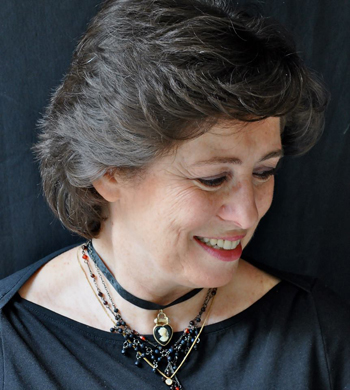
Prof Ruth Goveia
Photo: Supplied |
Prof Ruth Goveia, a piano lecturer at our university’s Odeion School of Music (OSM), was chosen to serve on the jury of the 5th Unisa National Piano Competition. This will take place from 11 to 18 July 2015 at the ZK Matthews Hall on the Unisa Muckleneuk Campus in Pretoria.
Prof Goveia holds a doctorate in Music in Piano from the prestigious Jacobs School of Music at Indiana University in the USA, and has a master’s degree in Piano Performance from the College-Conservatory of Music at the University of Cincinnati, also in the USA. Prof Goveia is an experienced adjudicator, and is regularly engaged for both national and international piano competitions, festivals, and examinations.
She is a dedicated teacher, who enjoys working with both students and professional musicians. Several of her students have excelled in competitions and examinations, and enjoy successful careers.
The Unisa National Music Competition was founded with the main objective of providing young South African pianists with the necessary experience, requirements, and procedures of an international piano competition. The winner of the national competition has automatic access as a participant in the next scheduled Unisa International Piano competition. The prescribed repertoire requirements of the national competition always correspond closely to those of the next Unisa International Piano Competition.
Competitors will be subject to the same adjudication criteria and processes applicable to international piano competitions. The Unisa Music Foundation’s next piano competition will have a jazz category running parallel to the classical category.